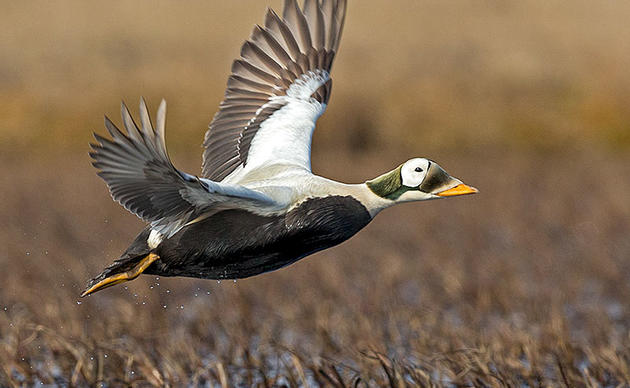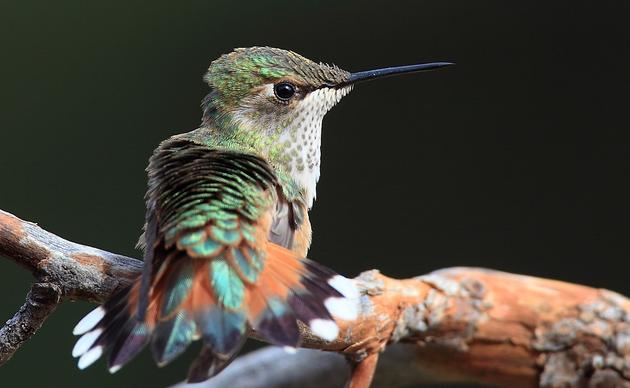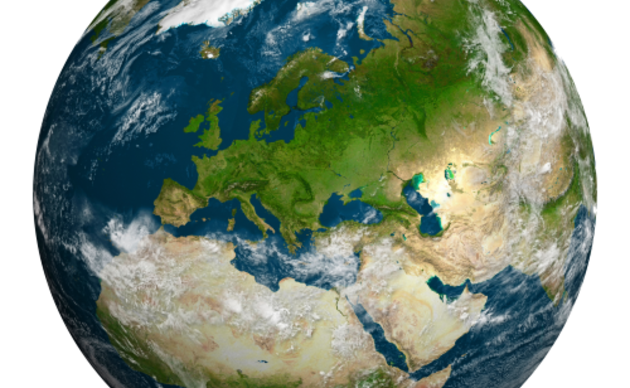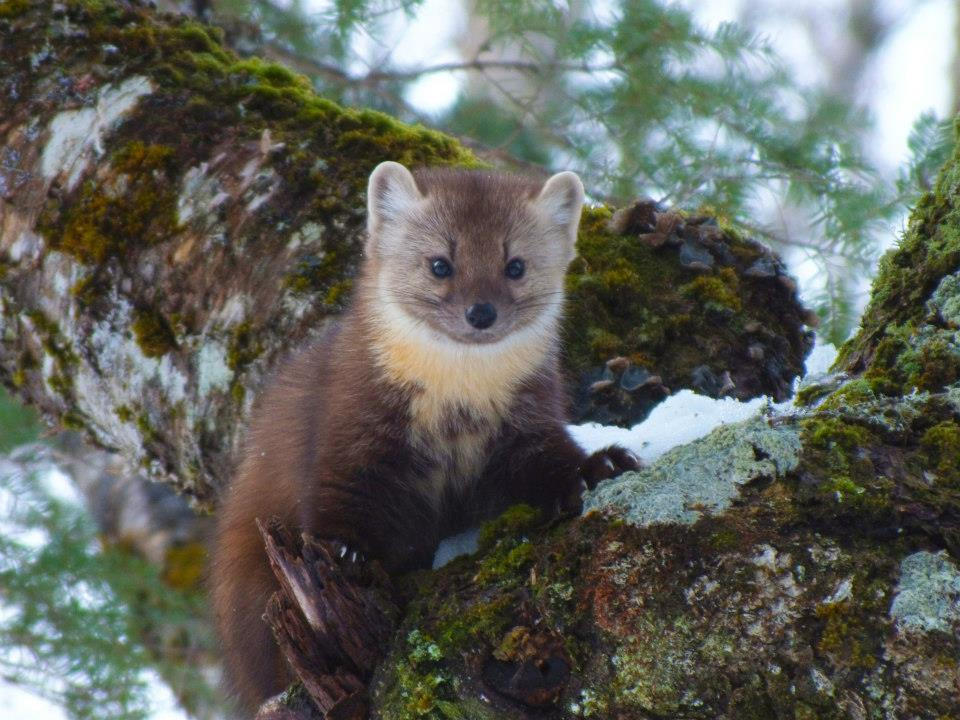
The news is focusing on the Roadless Rule rollback on the Tongass National Forest. Even as this process continues, the U.S. Forest Service is being forced to find ways to give away timber on the Tongass. The U.S. Forest Service is currently seeking public comments on the Draft Environmental Impact Statement for the Central Tongass Project. Called a “project,” this is actually a large-scale timber sale with limited public process, much like the Prince of Wales Landscape Level Analysis. Although the “project” lists watershed restoration and improvement and vegetation management, this is actually a proposed series of large-scale timber sales that will result in clear cut logging 150 million board feet of timber over a fifteen-year period without public participation as those timber lands are selected around the communities in the project area. Many of these timber units will be in areas that were previously set aside during past logging activities, or “leave strips” that provide the only remaining habitat for wildlife, and recreational enjoyment for local people in communities. The proposed Central Tongass Project is also attempting to decrease “Scenic Integrity Objectives” that currently require the Forest Service to provide scenic viewsheds where logging is not visible from certain roads and waterways in Southeast Alaska.
One of the islands most at risk in the Central Tongass Project is Kuiu Island. Proposed timber harvest is focused on the north and east sides of the island where the northernmost populations of U.S. western red cedar are located. These remnant trees are up to 800 years old. Kuiu is a Tlingit name. The island has no permanent human settlements, but is a traditionally and culturally important landscape home to the Kake Tribe of Alaska. They are actively restoring Indigenous names to places on Kuiu Island while timber sales are planned in the same bays and estuaries. The Central Tongass Project also threatens the core habitat for the rare Pacific marten (Martes caurina) a medium-sized forest carnivore that resides in the old-growth forested islands of Southeast Alaska’s Kuiu Island.
Pacific marten are solitary forest carnivores, spending days moving through old-growth forests that provide understory logs for resting, berries and small mammals for food, and keep the animals protected from predators like eagles. Pacific marten only occur on three islands on the Tongass National Forest, though researchers believe they used to exist on more islands and may have been replaced more recently by the more common American marten. On Kuiu Island, Pacific marten and American marten interbreed, making the population on Kuiu Island even more distinct than other islands in the Tongass. The Central Tongass Project cites “major impacts” to Pacific marten on Kuiu, which are already in decline on the island.
Each island in the Central Tongass Project boasts unique wildlife and recreation values, and irreplaceable cultural significance. These values are mentioned, but not protected under the current alternatives in the Central Tongass Project. Now is the public’s only opportunity to comment on this large-scale timber giveaway on Alaska’s rainforest.
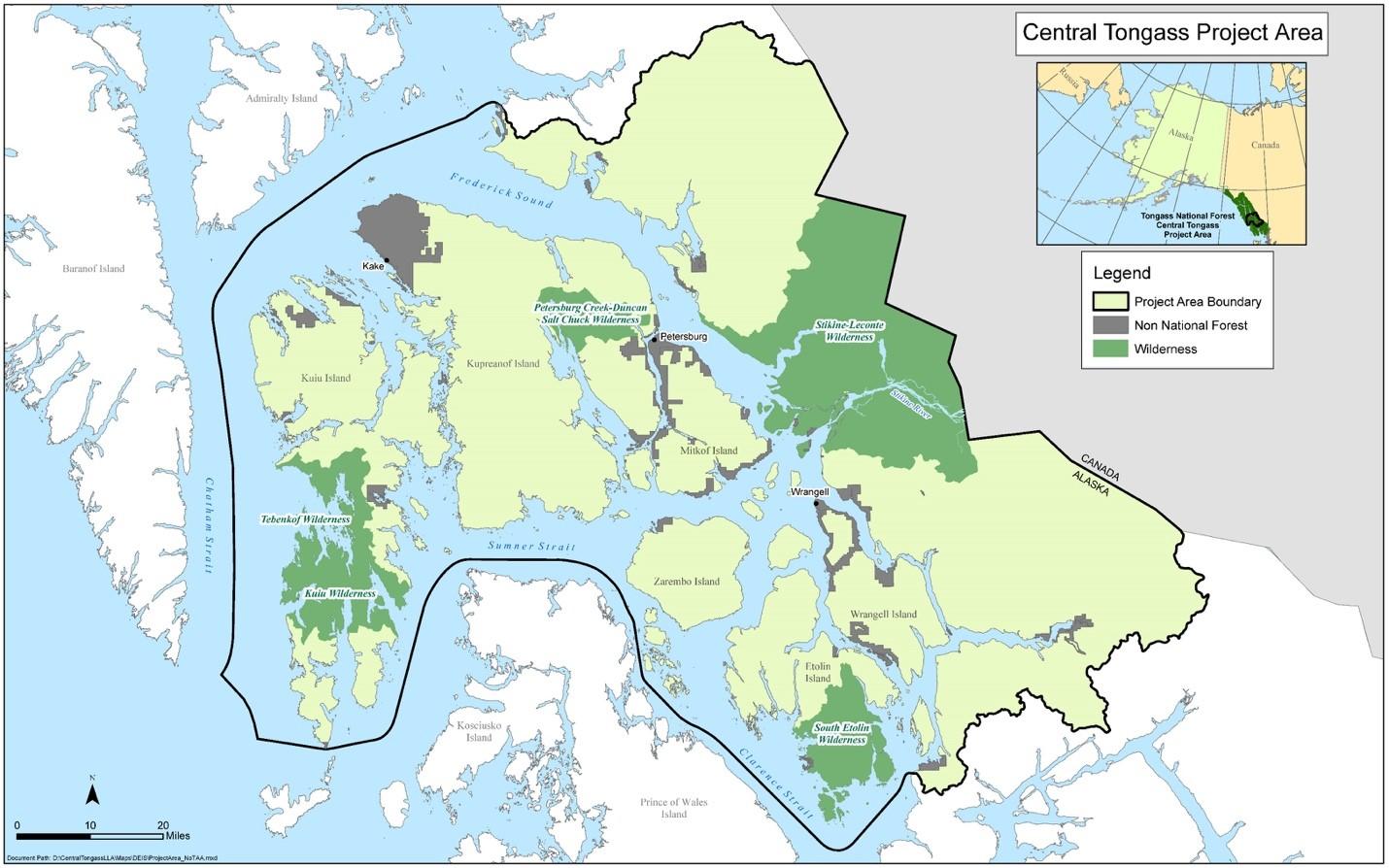
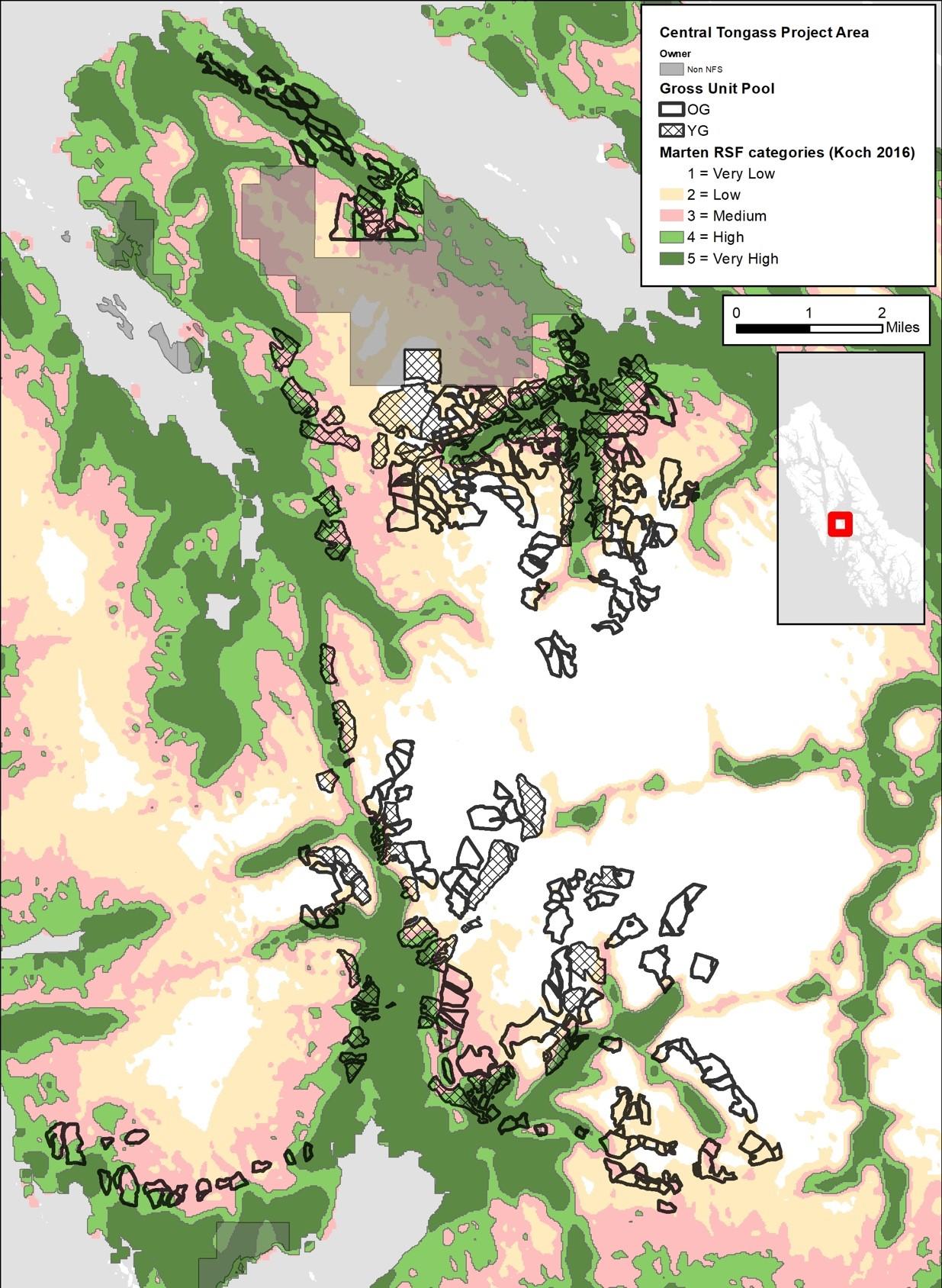
A map of marten on Kuiu Island as illustrated in the Draft Environmental Impact Statement. Areas in dark green are most important habitat as modeled (in Koch 2016) for marten habitat in the project area. Black lines indicate both young-growth and old-growth units for timber harvest that overlap completely with high value marten habitat.
WAYS TO SUBMIT COMMENTS OR TESTIFY
We encourage you to submit written comments or testify on the Central Tongass Project Draft EIS during the 45-day comment period, ending at midnight on September 16, 2019. Comments can be submitted by:
- Online at: https://cara.ecosystem-management.org/Public/CommentInput?project=53098.
- By FAX to: (907) 772-5995
- By email to: commentsalaska-tongass-petersburg@fs.fed.us

